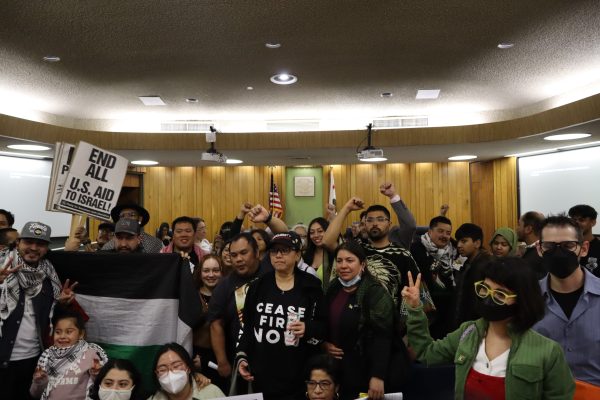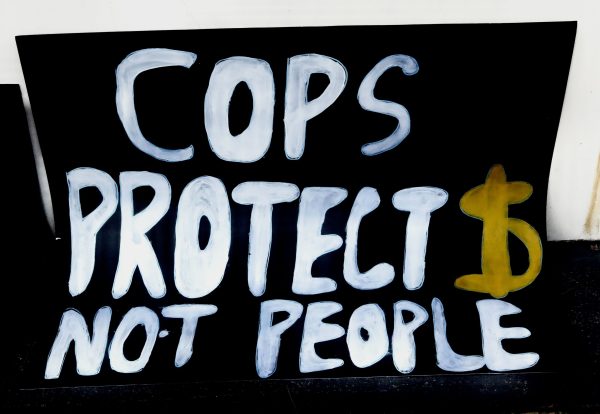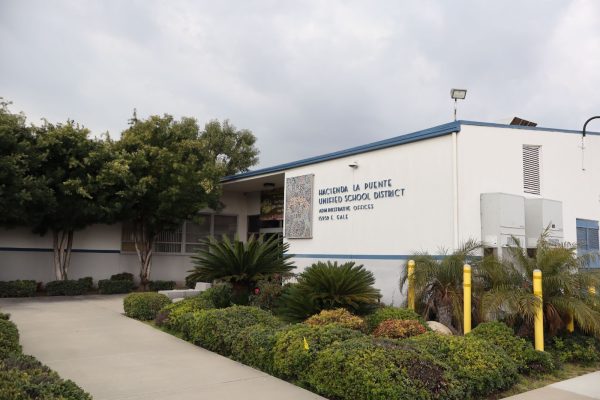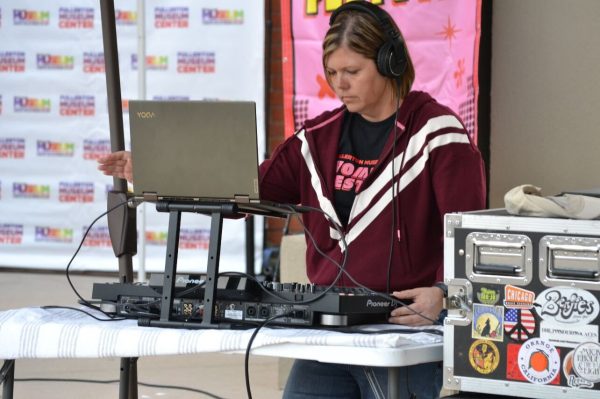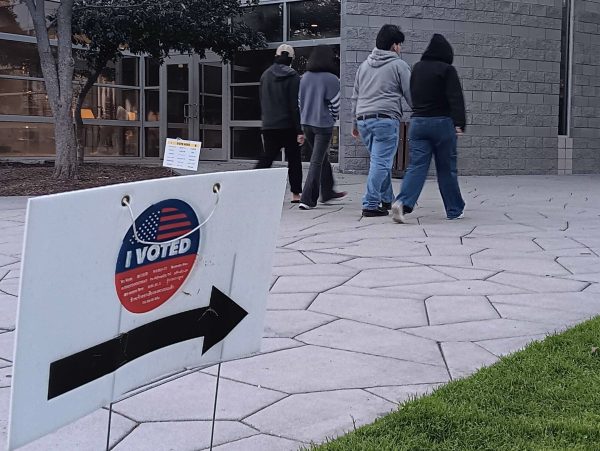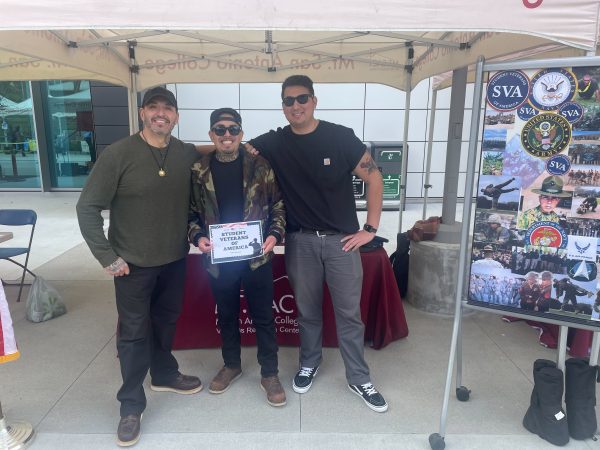Two propositions that may change California gambling
Proposition 27 and Proposition 26 are on the ballot this November – what do they mean and how will they affect the gambling practice?
In gambling, there’s always winners and losers. This year, two propositions on California’s ballot could potentially change gambling regulations in the state. It will be up to voters to decide which propositions “win” or “lose.”
The first proposition, Proposition 27, sets out to legalize online sports betting. This piece of legislation would require betting companies to partner with Californian Native American tribes to legally offer both online and mobile gambling in the state without being on tribal land.
Popular online betting platforms like DraftKings and FanDuel are in support of this proposition, as well as the MLB. In theory, the MLB could also decide to pay a $10 million licensing fee for online sports gambling and partner with a California tribe to offer online sports betting on their MLB mobile app or online. Other sports-centered companies and networks would also be legally allowed to follow suit such as the NFL, ESPN and NBA.
The proposition would also require tax revenue from online gambling to support homelessness and mental health issues.
However, some California tribes are against this proposition, saying that Proposition 27 would hurt Native American tribes. The tribes claim that the proposition would give companies from out of state the power to impinge on their business and the high cost to acquire a license for online sports betting would limit the number of tribes who could participate.
The Band of Pechanga Indians stated that Proposition 27 would increase the risk of problem gambling due to making virtually every phone and computer into a gambling device.
Online gambling addiction has been in the spotlight recently on live streaming platform Twitch due to people broadcasting themselves gambling on online slot machines. The company recently banned the broadcast of slots gambling on unlicensed websites to regulate the activity and prevent minors from being influenced, but FanDuel, a supporter of Proposition 27, is currently licensed in five states to have online slot machines.
Meanwhile, Proposition 26 allows for in-person sports betting at horse racetracks and tribal casinos and bans betting for certain sports such as high school and college sports. It also gives tribal casinos the ability to sue card rooms like Hollywood Park Casino in Inglewood.
Supporters of this proposition include tribes with casinos in the state such as Pechanga, Morongo and San Manuel. Opponents include cities that rely on tax revenue from card rooms such as the cities of Inglewood, Norwalk and Compton.



